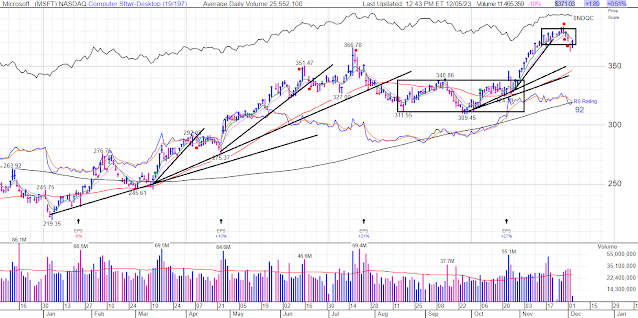Three Trading Hurdles
Three Trading Hurdles
There are three essential spheres a trader must perform well in to be profitable. The first, is creating a repeatable strategy that has an identifiable edge. Be it mechanical, automated to varying degrees, discretionary, or some creative combination of all three. This can seem overwhelming for the new trader which is why they fall prey to gimmicks and snake oil salesmen. Strategies can be learned, discovered or copied. This is actually the easiest part of trading.
The second, is developing plans of action and routines that address every aspect of your trading process and risks. This requires a lot of work, commitment and consistency. This is where new and old traders alike can struggle. Often because their routines and trading processes are too complex, convoluted or time consuming. Taking this aspect of trading seriously, is a great way to discover where your knowledge is weak and understanding is confused. To be successful, simplify and streamline as much as possible. What is the least you can do to be the most prepared? Twenty percent of your efforts will produce eighty percent of your results. Strip away well intentioned but unnecessary tasks. If you can only look at 30 stocks a night consistently then don't try to look at 60 stocks a night inconsistently.
The third, and most difficult yet often overlooked and misunderstood, is discipline. At the heart of trading discipline is psychology. If one doesn't understand how to identify and regulate their emotions it's unlikely they'll be consistently profitable. Having emotions is what makes us human. Contrary to many opinions, emotions aren't bad. They are simply information. What you do with them and how you respond determines whether you are profitable or not. Emotions can actually be used to your advantage if handled intelligently. But this is, more often than not, the hardest work a trader can do. It is the obstacle most traders never consider yet alone master.
Science has made many significant advances in helping us understand how strong emotions literally shuts down access to one's prefrontal cortex, the area of reason and logic. This is why emotional traders do things they later can't reconcile doing. There is a lot of lip service given, along with tired clichés and ambiguous axioms, around knowing one's psychology. But if you were to ask most traders what that means... they couldn't tell you. Just like countless traders will say, "Let profits run and cut losses short." When you ask them exactly how they do this in a repeatable way they're unable to give a coherent, concrete answer.
You cannot will yourself to discipline in the face of strong emotions over the long haul. Temporarily yes, willpower can work but psychologically it's particularly draining and unpredictable. You must have a plan of action that can help your mind and body settle down back into regulation quickly. You must have guidelines for when you will and won't trade not just around price action and market conditions but also relating to emotions you experience. At the least, emotions are a risk to be mitigated. At best, emotions can be powerful allies that warns of dangers like overconfidence, complacency and confusion.
Many new traders seem to have no problem losing half of their trading account (or more) to foolish, newbie mistakes. Like not having a real strategy or established, repeatable trading processes, lacking consistent and effective routines, or simply not knowing what they don't know until it's too late. Yet they're reticent to spend any money on trading education or mastering their psychology. If you want to become consistently profitable don't succumb to the typical pitfalls. Invest your time and energy into learning about all three cornerstones. Do the hard work and that will immediately put you in the top ten percent of all traders.
%202023_11_10%20(11_42_34%20AM).jpg)

%202023_12_05%20(9_32_05%20AM).png)
Comments
Post a Comment